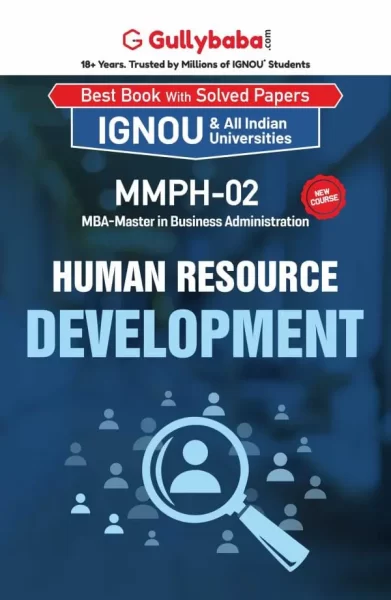-
Sale!
MMPC-15 + MMPC-16 + MMPH-01 + MMPH-02 + MMPH-04 + MMPH-07
IGNOU MBAHM Human Resource Management Combo
Original price was: ₹1,500.00.₹750.00Current price is: ₹750.00.Bought by : 2480 StudentsIn Stock Only 0 left ! -
Sale!
MMPH-01 + MMPH-02 + MMPH-04 + MMPH-07
IGNOU MBA (New) Human Resource Management Combo
Bought by : 3473 StudentsIn Stock Only 0 left ! -
Sale!
MMPH-02
Human Resource Development
Bought by : 2156 StudentsIn Stock Only 0 left ! -
Sale!
MMPH-02
Human Resource Development
Bought by : 2477 StudentsIn Stock Only 0 left !







